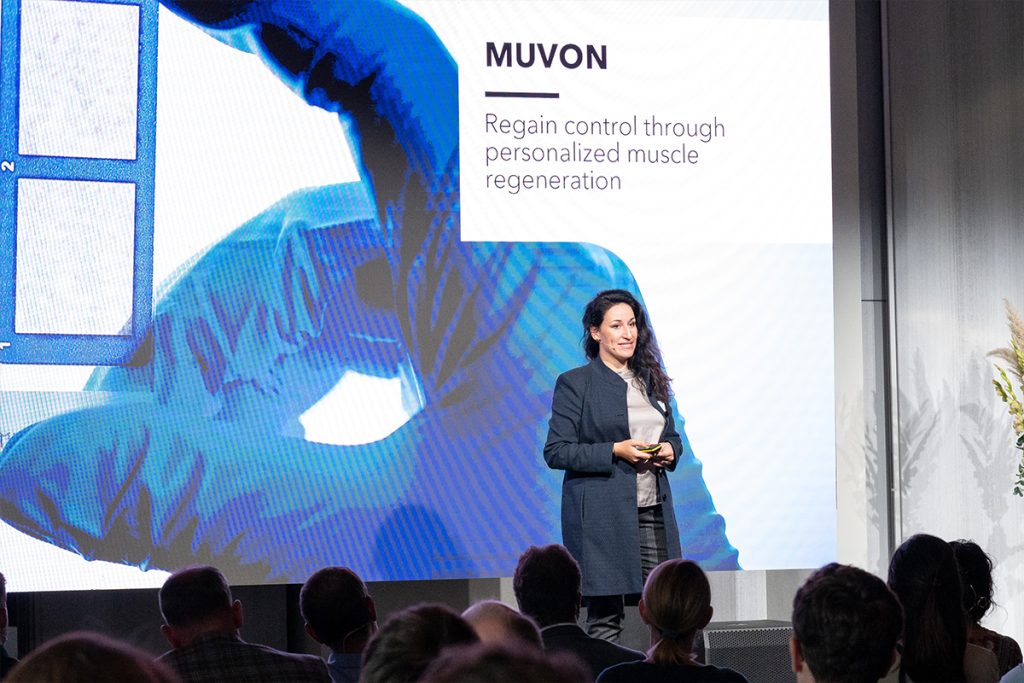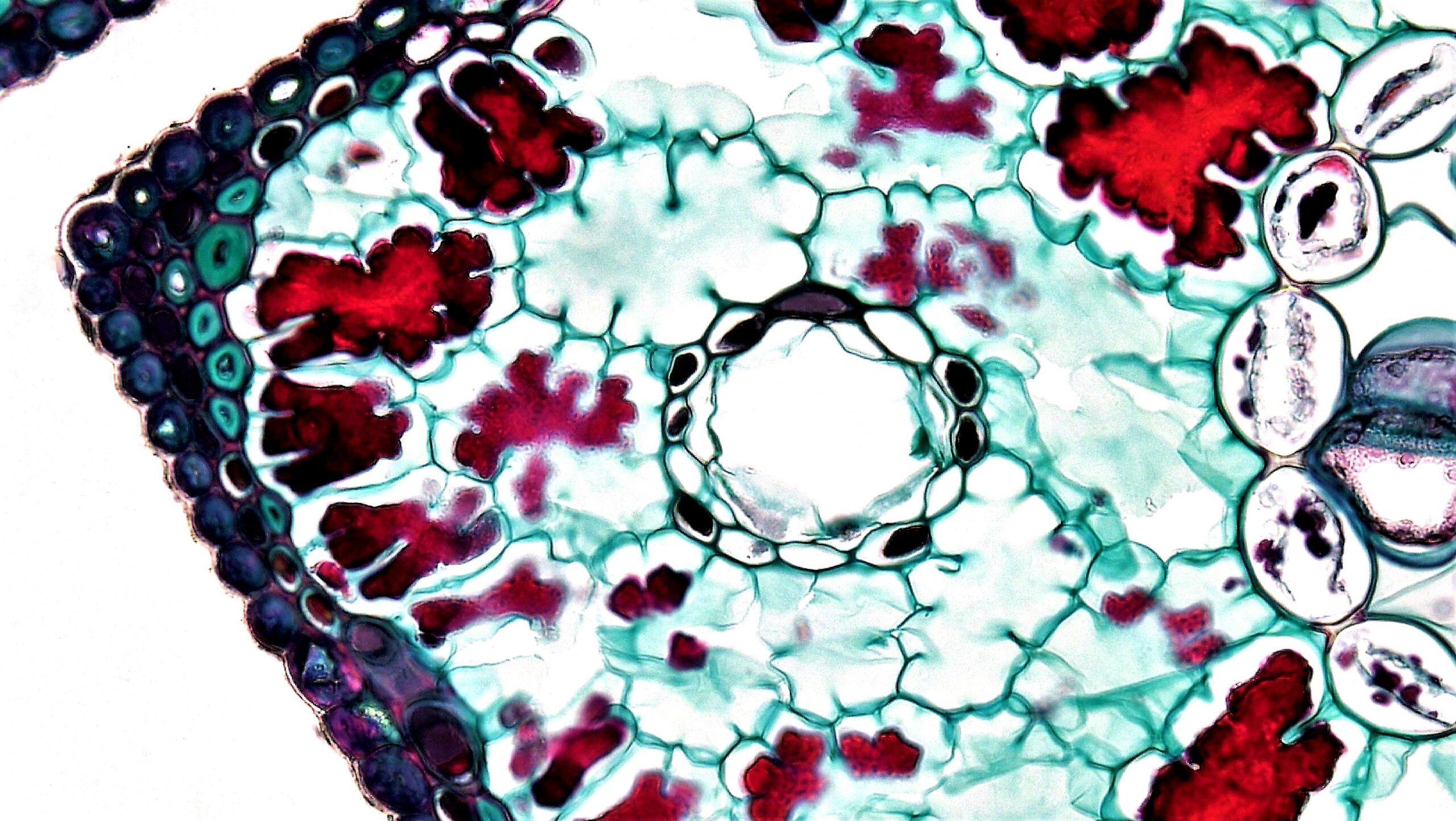Exploring the Dog Aging Project (DAP)
The Dog Aging Project (DAP), initiated in 2019, investigates the factors influencing canine longevity and health. With over 50,000 dogs enrolled, the study is a joint effort between Texas A&M, the University of Washington, and other institutions. Its goal is not only to improve dog health but also to uncover parallels between canine and human aging.
TRIAD: A Closer Look
The Test of Rapamycin In Aging Dogs (TRIAD) trial builds on earlier research showing rapamycin’s potential to improve cardiac function in dogs. The trial has enrolled 170 dogs and aims to expand to 580 participants with additional sites nationwide.
The Dog Aging Project: Rapamycin’s Role
Rapamycin, also known as sirolimus, is commonly used during kidney transplants. In small doses, it has shown promise in delaying age-related diseases. By altering cellular energy handling, it mimics the effects of intermittent fasting—a method associated with healthy aging.
Rapamycin: Why Dogs?
Dogs experience aging patterns similar to humans, including cognitive decline and reduced mobility. These similarities make them ideal models for studying aging and testing interventions like rapamycin.
- Shared Benefits: Findings in dogs may translate to human medicine, especially in heart health. Rapamycin’s impact on cardiac muscle function could potentially aid in managing human heart conditions.
- Owner Contributions: DAP’s success relies on dedicated dog owners who partner in this innovative research.
How to Participate in TRIAD
To join TRIAD, dogs must meet these criteria:
- Age 7 or older.
- Minimum weight of 44 pounds (20 kg).
- Good overall health.
Owners commit to visits every six months over three years to track their pet’s health. Participating locations include 20 clinical sites across the U.S., such as in California, Texas, and Wisconsin, with plans for further expansion.
Owners must first enroll their pets in DAP’s general health study, which involves annual surveys on their dog’s health and lifestyle.
The Bigger Picture
Rapamycin’s potential extends beyond canine health. By improving cellular function and heart health, it offers hope for addressing aging-related conditions in both dogs and humans. Ongoing research emphasizes the collaborative spirit between scientists and pet owners, highlighting how shared dedication can unlock medical breakthroughs.
For dog owners passionate about advancing science, TRIAD represents a unique opportunity to contribute to aging research that benefits pets and people alike.






